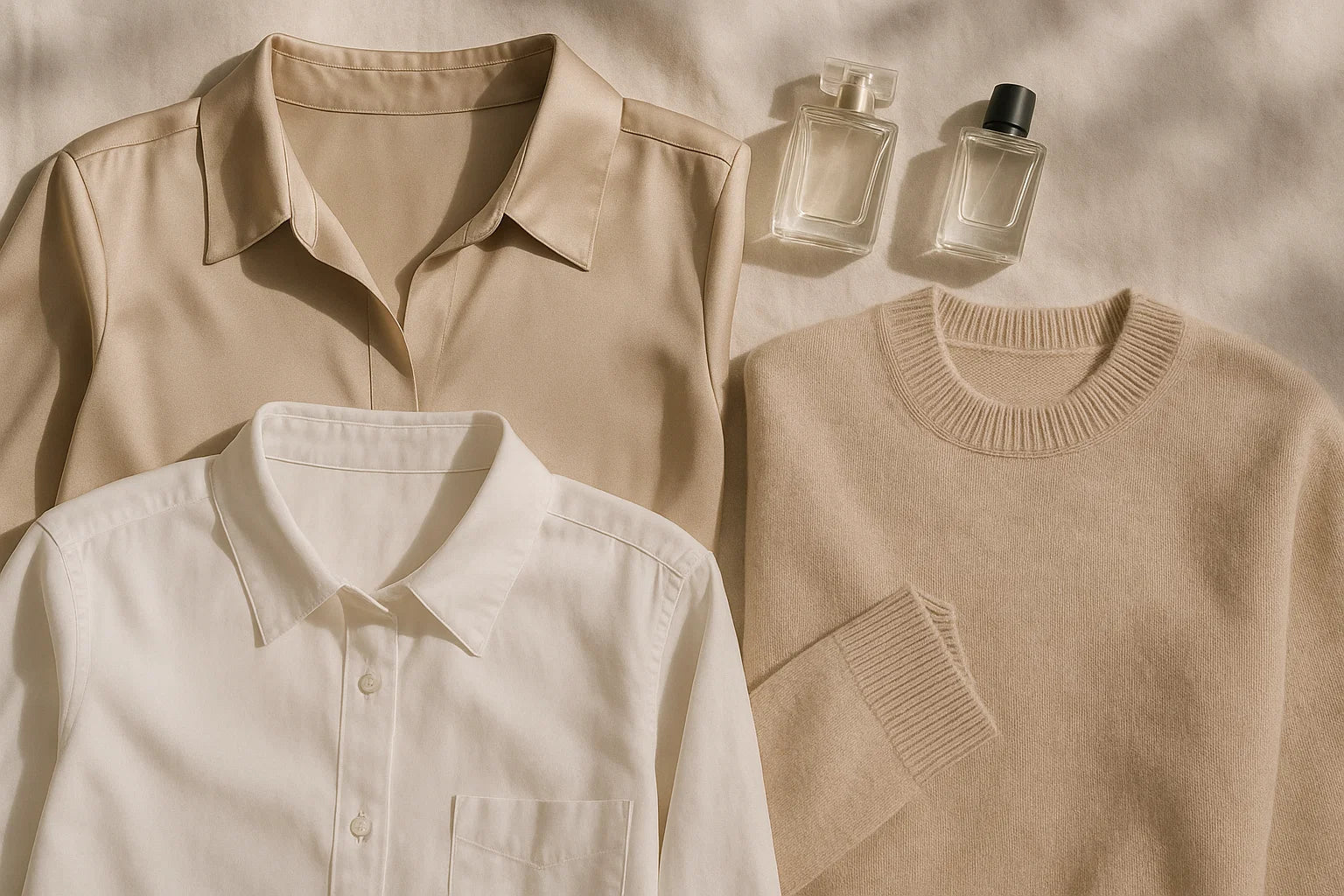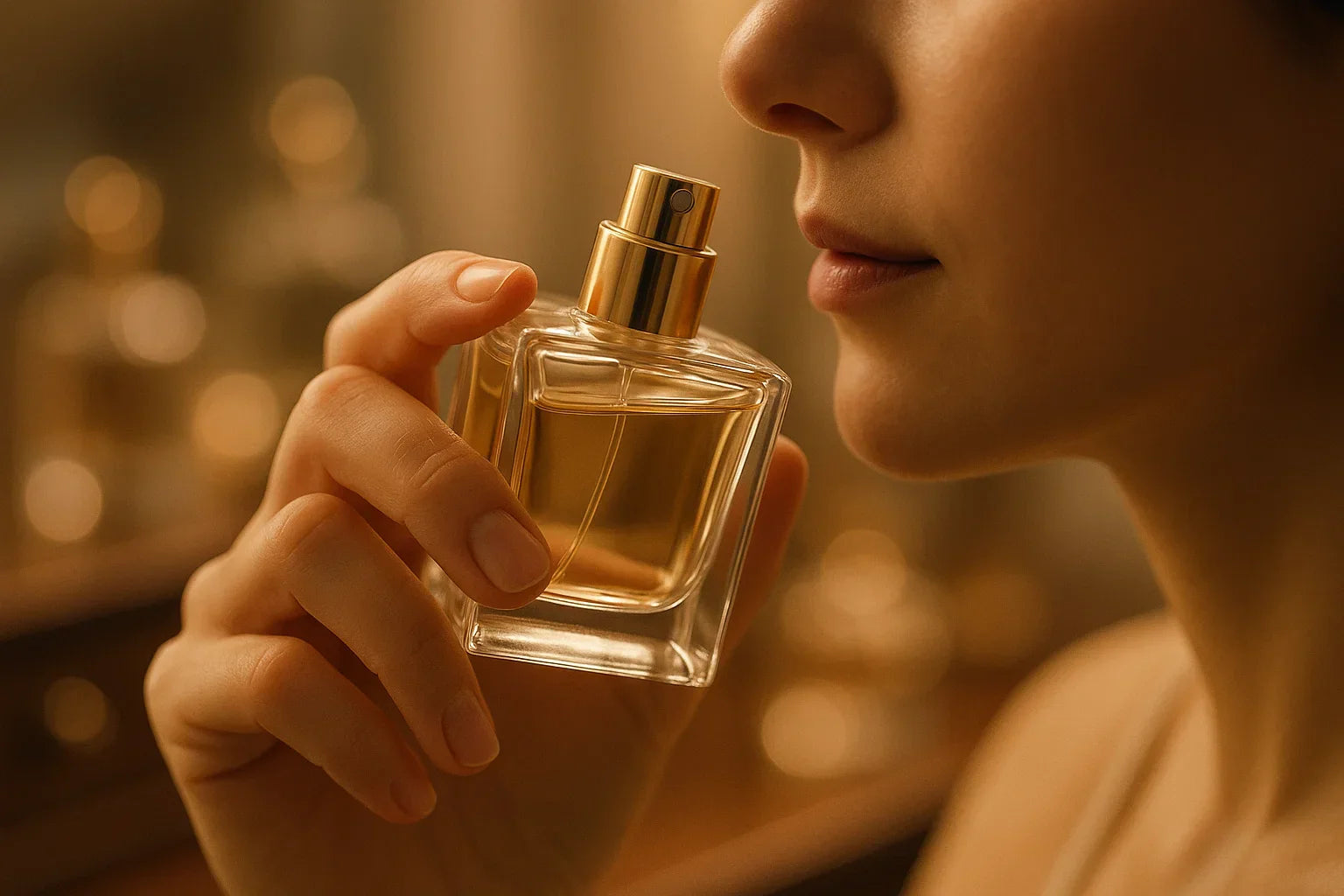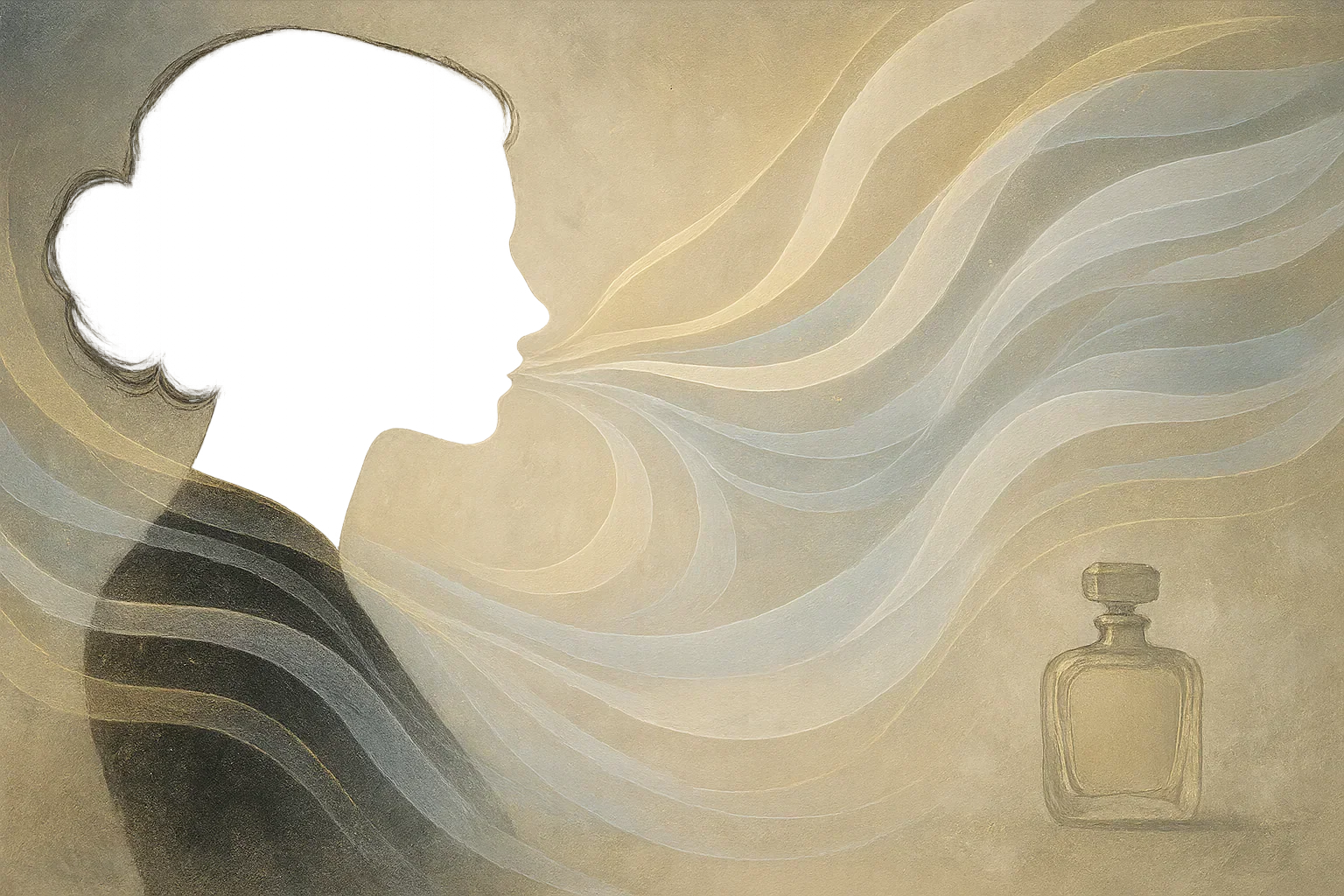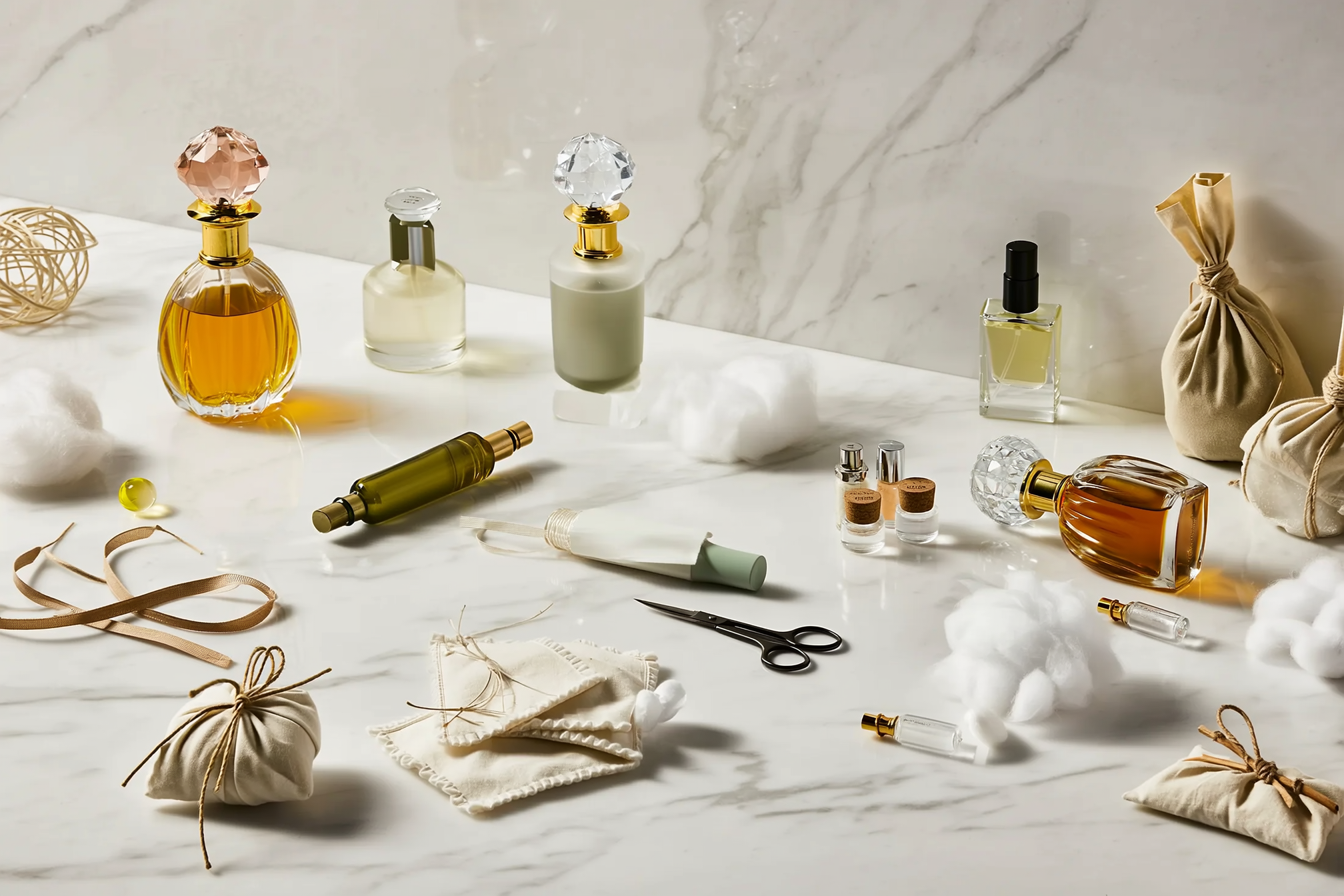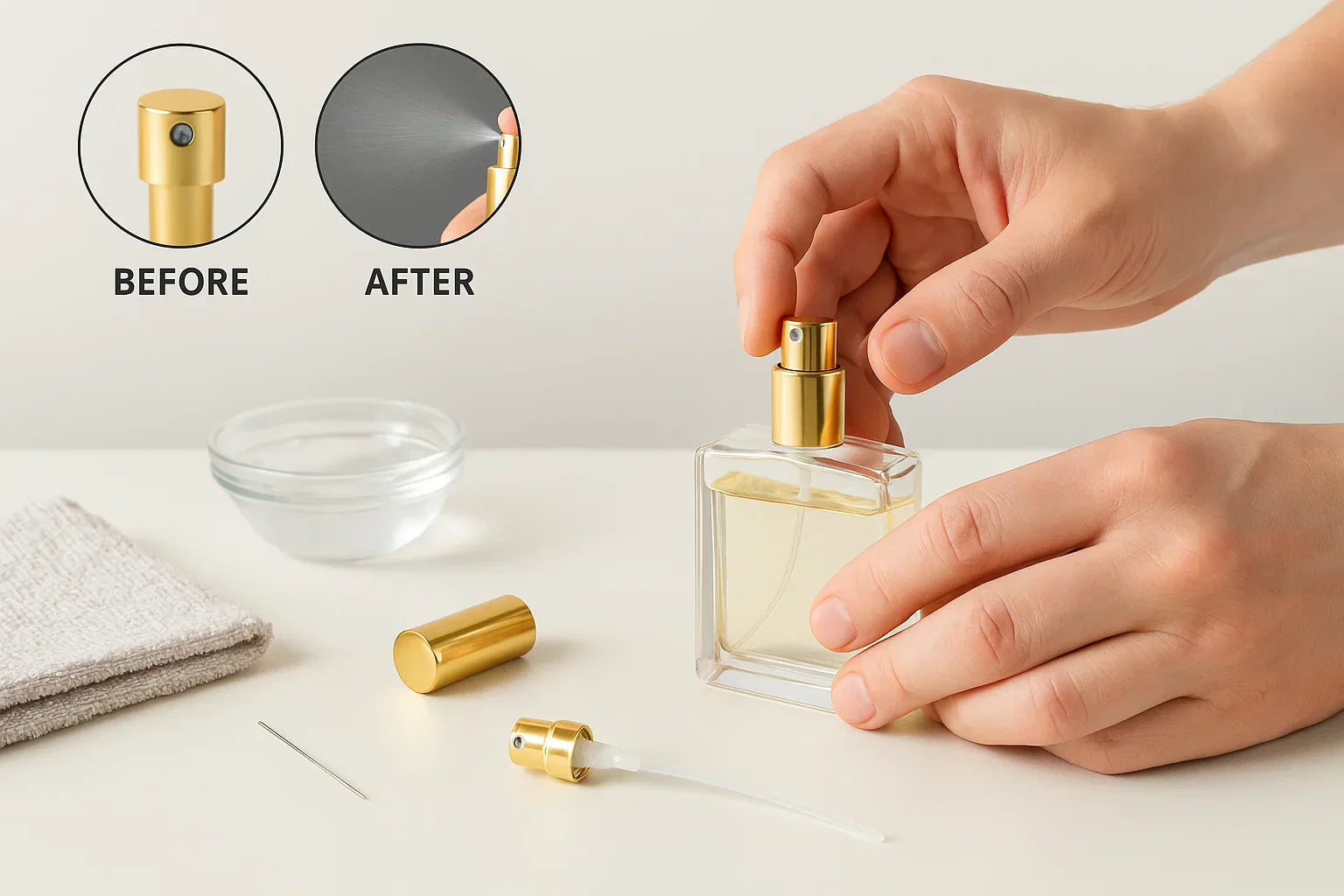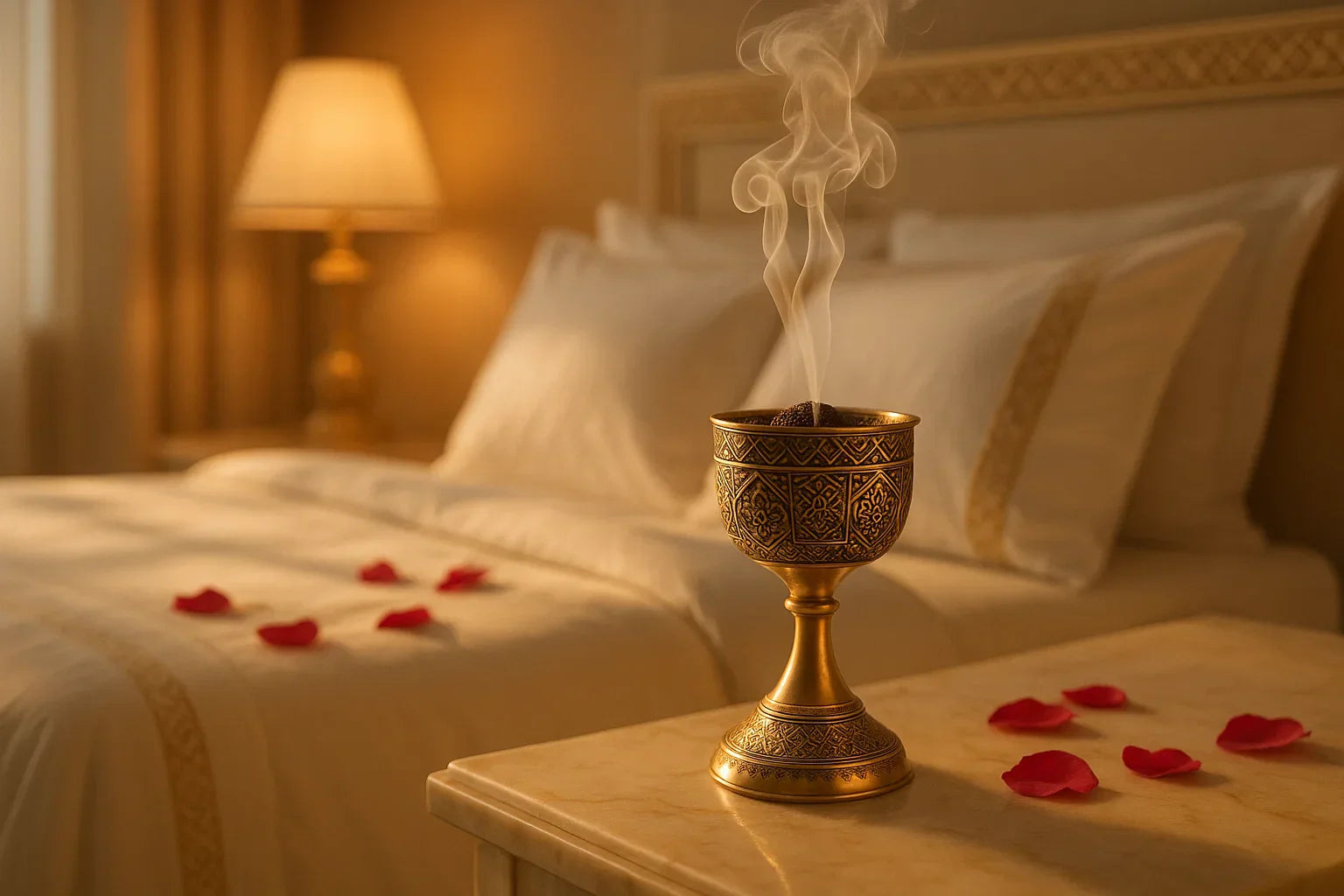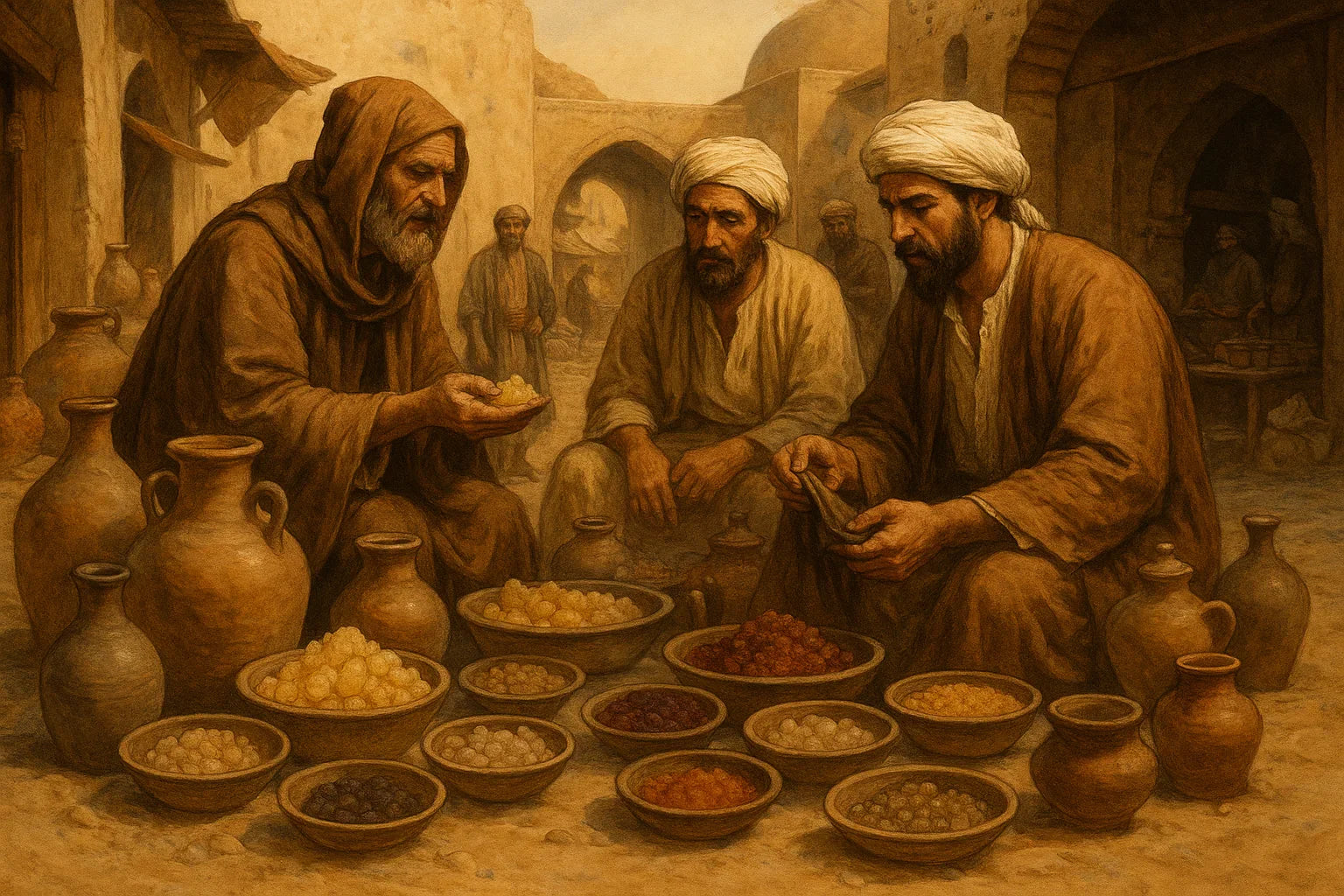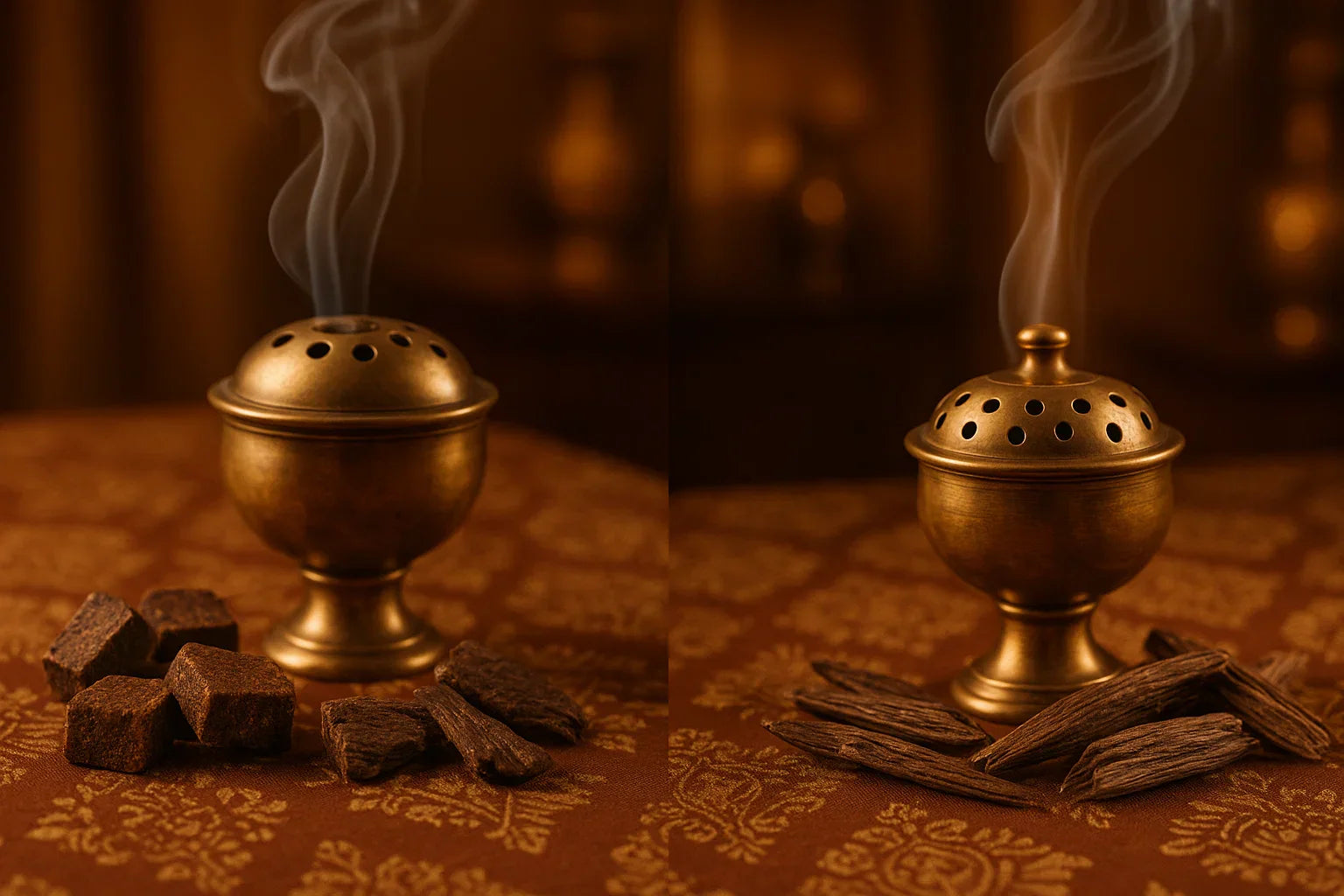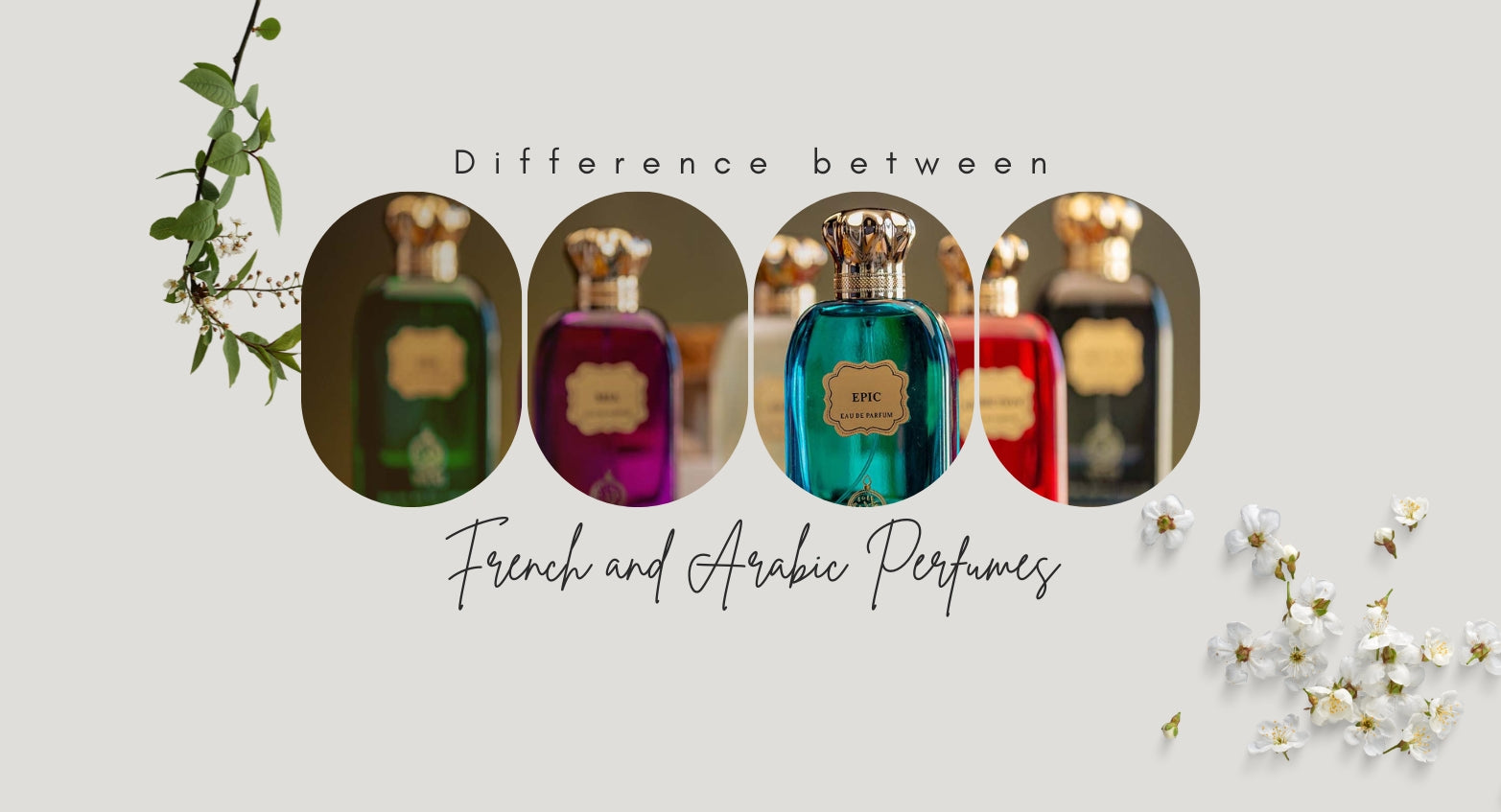
Difference between French and Arabic Perfumes
Perfume connoisseurs around the world know that when it comes to distinct fragrances, France and the Arab world are likely to come out on top, which is why it is not surprising that there has been much debate about French perfumes vs. Arabic perfumes off late. In certain aspects, they are similar, given that both enjoy popularity within their borders and beyond them. However, they are different in other aspects, such as primary ingredients, dominant notes and the like.
To determine which side of the French perfumes vs. Arabic perfumes spectrum you fall in, you first need to understand more about both. Let's look at the origins, characteristics, and techniques that set them apart.
Fragrance Tradition: French vs. Arabic
As per the perfume culture in France, flowers were cultivated for their perfume essence as early as the 14th century. Grasse, in particular, recognized the potential and eventually came to be considered the world capital of perfume.
In Islamic culture, as per documents, the usage of perfume can be traced as far back as the 6th century. With time, fragrances became a big part of religious ceremonies and customs.
Although they may have different beginnings, both perfume culture in France and the Arab world have been able to delight perfume connoisseurs for many centuries. They are still very much in demand at present times.
Fragrance Characteristic: French vs. Arabic
French perfume ingredients are known worldwide for their sophisticated and elegant fragrances. In fact, many of the world-famous perfume brands have roots in France. Most perfume lovers have French perfumes in their collection.
Some of the most famous French perfumes use rose, jasmine, lavender, citrus, and more.
Arabic perfumes are more rooted in traditions. They have an exotic, traditional smell that lingers for a long time. Like French perfumes, Arabic perfumes have also captured the attention of perfume lovers. Nowadays, more and more perfume collectors are seeking Arabic perfumes to add to their collections.
The most common Arabic perfume ingredients are oud, spices, amber, and musk.
Fragrance Technique: French vs. Arabic
It is important to understand that many perfume ingredients used in France and the Arabic world are not exclusive to one or the other. Many modern-day perfumes tend to put together different beloved notes to create fragrances that carry the essence of both tradition and modernity.
In terms of technique, six methods can be used to extract oils from plants: steam distillation, boiling, solvent extraction, enfleurage, maceration, and expression. Interestingly, the Islamic world has contributed significantly to perfecting the process of extracting scents through steam distillation, and many Western perfumeries, including the French, have been influenced by the same.
Fragrance Region: French vs. Arabic
The French perfume industry is booming, and Paris is often referred to as the world's perfume capital. Think of the biggest names in the perfume industry; you will likely find many of these brands have roots in France.
However, it is interesting to note that Arabic perfumes, with their rich history and tradition, have also been able to create a mark of their own amidst perfume connoisseurs around the world. Perfume lovers seek scents from the Middle East that evoke a sense of luxury and exotic mystery.
This makes it clear that both have their own appeal, and it would be difficult to chalk out a clear winner in the French perfumes vs. Arabic perfumes debate. Moreover, certain forward-thinking perfumeries have found a great midway option, with Wani taking the lead. The perfumery combines the best fragrances from the Middle East with beloved notes from the West to create long-lasting quality perfumes.
No matter which you pick, French, Arabic, or a blend of both, the main goal is to bring home a timeless fragrance that envelops the senses and helps you showcase a more confident and vibrant you to the whole world, all day, every day.
